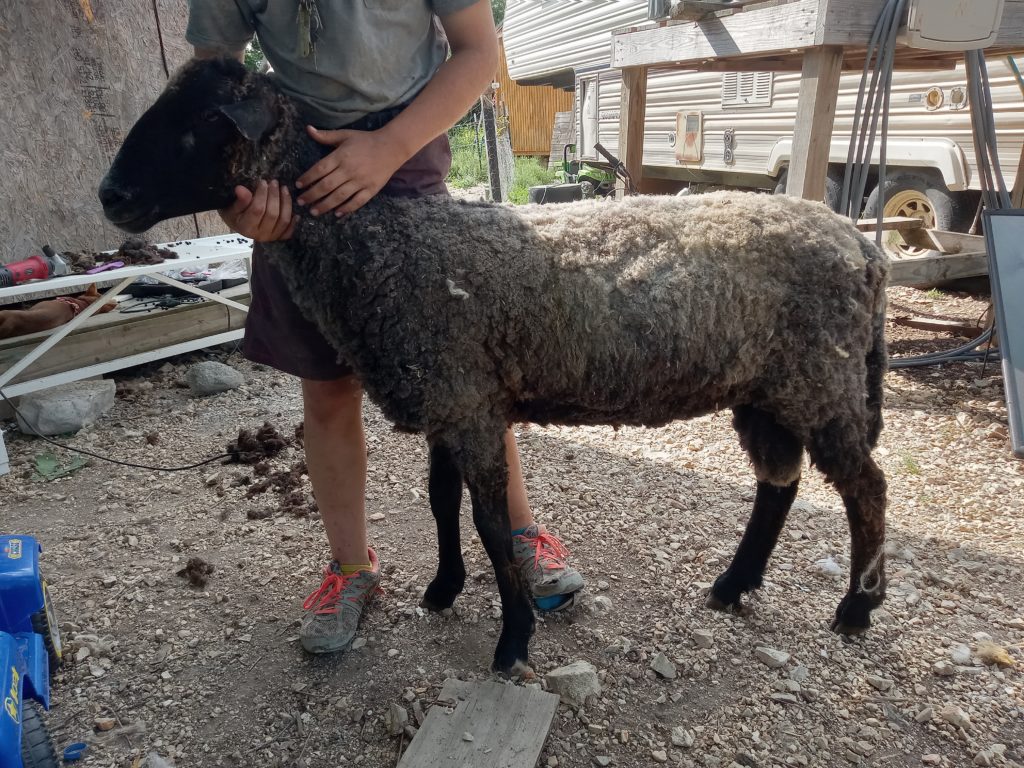Sheep are the most lucrative livestock I’ve ever had. I started with hair sheep as it’s the most popular choice. They are less maintenence because they don’t need to be sheared. In my experience though they are much smaller and much much crazier. Either way sheep are low maintenance, easy going and good producers. They also taste good in my opinion. After my first year of having sheep I came across a homesteader with wool sheep and quickly learned about all the uses for the wool. Not just spinning yarn for making clothes and things but also insulation for buildings and nesting boxes for rabbits or houses for dogs and pretty much any animal to stay warm in winter. Speaking of winter my hair sheep freeze, they do not handle winter as well as I’d like and are better suited for someone with a barn. They are not anymore cool in summer than a sheared wool sheep either! I switched to wool sheep after all my research and went through a summer and winter with both to compare. In the end I came to the conclusion I would stick with wool sheep because they handle winter far better, they handle summer just as good as the hair sheep, they are larger and so bring more meat and income, they are calmer and easier to work with and offer the added benefit of the wool with only one downside and it’s really not that big of a deal. Shearing only happens one time in spring and takes less than an hour per sheep. They are definitely worth that! I wouldn’t go back to hair sheep ever but sheep in general are great because they don’t really need me for anything they just graze and do their thing. They are also much easier than goats. Below is Jackson my ram before and after shearing this year.



















